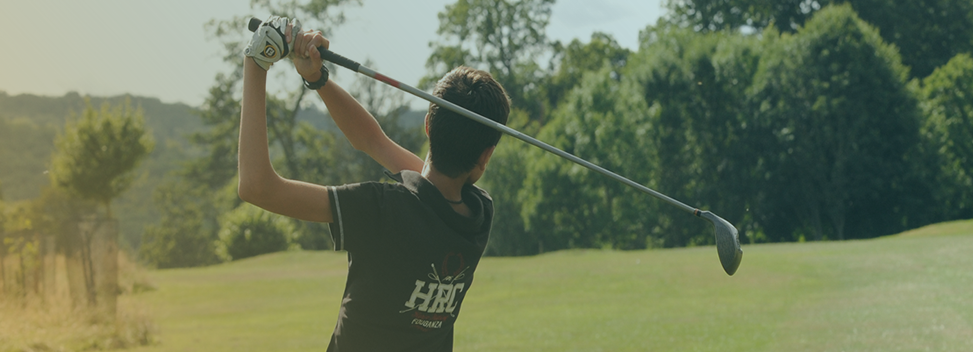The newest approach to the oldest Major
- July 20th, 2017
- Emily Turner

The next generation...
With the 146th Open Championship already underway, all eyes are on the young guns at Royal Birkdale this weekend. With the likes of Jordan Spieth, Rory McIlroy, and Rickie Fowler all among the favourites to lift the Claret Jug, there is no shortage of youthfulness throughout the lineup.
However, the one youngster who had previously been under the radar before his first PGA tour win at TPC Deere Run last week, has attention shifting firmly towards him. Bryson Dechambeau's impressive performance boasted 4 birdies in the final 6 holes to secure his place at the Open Championship this weekend. The Californian born 23 year old has a fascinating contemporary style of golf, centered around minimizing the number of variables on the golf course.
The next method...
With his physics degree from Southern Methodist University, Dechambeau's carefully calculated approach clearly paid off for him at the John Deere Classic last week. The 23 year old uses clubs of all the same length in an attempt to eliminate any differences from swing to swing, and has possibly the most scientific outlook of any golfer on tour right now. The young physicist also uses a system called vector putting, during which he carefully computes the break of the green using charts in his yardage book.
The next debate...
It is this ability to form muscle memory and repeat movements that is often considered to be a fundamental for any success in sport, and golf is no exception to this. Many doubt Dechambeau's revolutionary approach to the game, standing confidently with their beliefs in feel, natural talent and mental toughness, inevitably sparking the debate; can sport be best performed when stripped back to it's bare mechanics, or is the traditional approach of natural talent, creativity and feel a better creator of repeatability? In a game that dates back centuries, Dechambeau's controversial approach could be just the start of a new trend for the future generations of golf.
The next test...
The Open Championship has built up a reputation as the Major Championship that produces the oldest champions, with the average age of The Open winner over the past 25 years being almost 34 years old (nearly five years older than the U.S. Open champion average age, and slightly older than that of the PGA Championship and Masters).
The higher age of Open Championship winners is widely attributed to the tough links courses that have traditionally favoured more experienced players. Courses like Royal Birkdale are generally slightly shorter than those of the other 3 majors, with slower greens, windy conditions, and most definitely require a certain degree of playing experience that hours on the driving range and in the swing lab just can't replicate. Although Dechambeau's unorthodox approach to the game seems to have paid off with his recent win, Royal Birkdale may just defy his laws of physics.